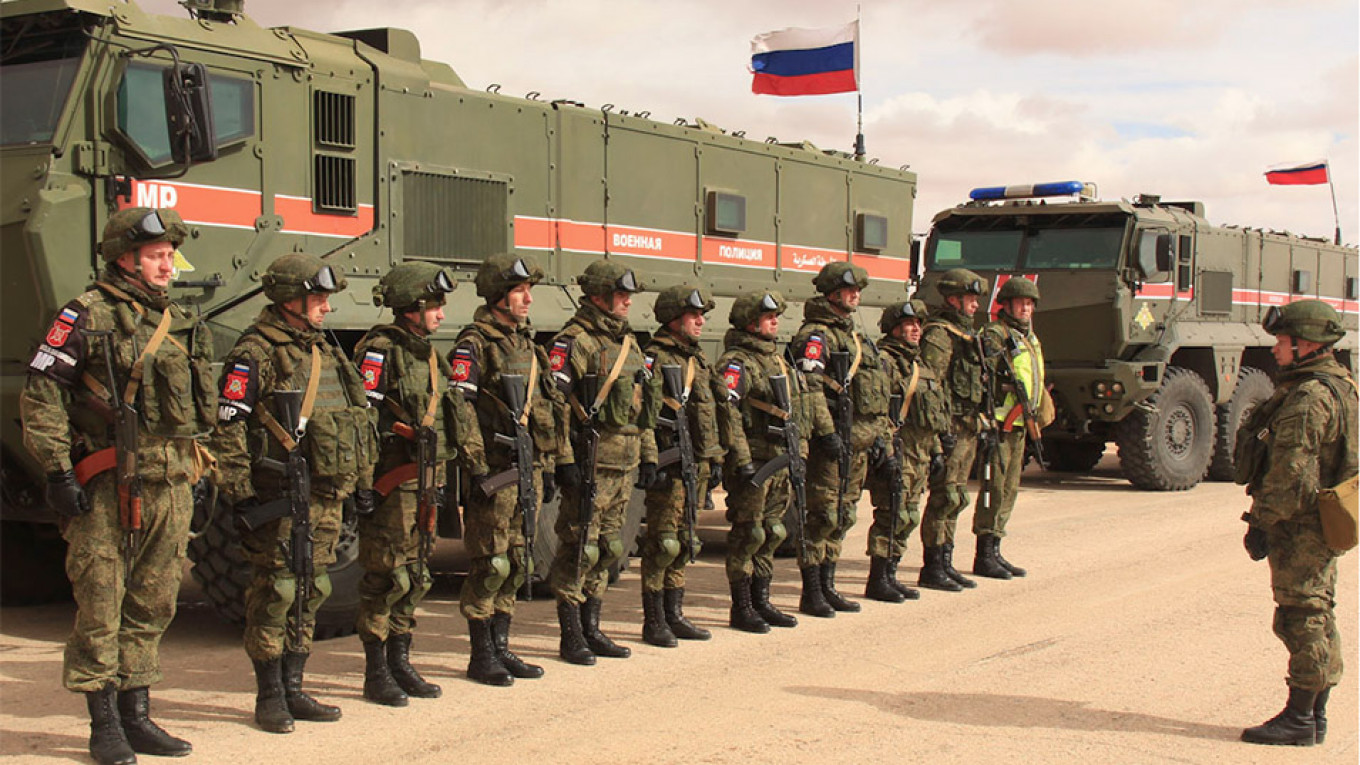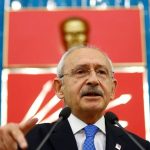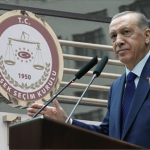Obsession with the Kurds made Turkish intelligence services jeopardise the interests of global powers in the region.
Major Pentagon leak last month opened a rare window into sophisticated intelligence operations conducted by the U.S. to spy on their own allies. While journalists and analysts are still busy examining the trove of highly classified documents for new details, the papers have already shed light on many behind-the-back projects and deals, including an unlikely cooperation between Turkish and Ukrainian intelligence.
The leaked files confirm that after Russia launched its military invasion in Ukraine last year, Kyiv set off to develop a plan of attacks against Russian units and facilities in Syria to force Moscow to redeploy at least some of its forces from the Ukrainian territory. In search of first-hand knowledge of the region with multiple rival factions on the ground, Ukrainian intelligence reached out to a local power house – Turkey. This choice was likely a gamble on Ankara’s love-hate relationship with Moscow and the competition between the two in Syria, where Turkey supports the opposition and Russia backs the Assad government.
Under the plan, Ukrainians would have organised a series of strikes against Russian military and supplementary facilities in Syria using drones launched either by fighters of the Syrian opposition or Kurdish Syrian Democratic Forces (SDF). It was expected that Russia would have had to send in reinforcements from Ukraine to Syria to counter the sudden threat.
Despite the risk of a blowback from Moscow, Ankara contemplated the Ukrainian request and gave Ukrainian intelligence officials instructions on how to proceed with their plan, namely what areas and factions to use for the attacks, according to the leaked documents. Turkey has advised Kyiv against launching drones from the regions controlled by pro-Turkish Syrian National Army, having suggested instead to make it appear as if the strikes were carried out by the SDF, considered a terror group and a major security threat by the Turkish government.
This idea, evidently, was more of a targeted provocation against the Syrian Kurds than an advice given with Ukraine’s best interest in mind. Indeed, if the plan had failed and those behind it revealed, at the very least it would have led to an unprecedented crisis between Russia and the SDF, which has so far refrained from any aggressive actions against the Russians. Needless to say, in case of escalation the SDF could have become a target of Russian retaliatory strikes.
Moreover, it would have pushed Russia towards a closer cooperation with Turkey and even, perhaps, a joint response to the “Kurdish terror threat”, a narrative that has been previously promoted solely by the Turkish government. Participation of the SDF in the Ukrainian plot to sabotage Russia in Syria may well have guaranteed such an outcome, considering the current sensitivity of Moscow.
The Kurds would not have been the only side to suffer. A Russian strike on SDF positions would have become a direct challenge to the Kurds’ key ally – the U.S. Any American ground and air operations in Syria would have been considerably limited by the threat of escalation from the Russians.
None of these scenarios comply with the Kurdish interests. On the contrary, they bear considerable risk of damage, both physical and metaphorical, for the SDF and the Kurdish Administration of North and East Syria. It is not surprising that the SDF spokesman Farhad al-Shami denied the claims made in the leaked documents, calling them “not real”. He stressed that the Kurds “have never been a side in the Russian-Ukrainian war”.
Nevertheless, if the leak is to be trusted, in the end the the strikes against Russian forces in Syria were vetoed by Ukrainian President Volodimir Zelensky. Among the reasons behind his reluctance to order the attack experts listed pressure from the U.S., lack of drones or doubts about whether the attack could succeed. The leaked plan has also revealed that Turkish secret services are less and less eager to coordinate their actions even with their NATO allies and are not shy of scheming to set up their partners.
Although the war in Ukraine drew attention away from the multiple crises in the Middle East, the region still remains an arena of competition among world powers. To mitigate the risk of escalation they should be warier of ill-designed actions of such regional players as Turkey, who, in an attempt to harm the Syrian Kurds stopped short of provoking a military response from Russia against primary U.S. ally in Syria.
Exclusively written for NAT (News About Turkey) by: Ahmad al-Khaled, a Syrian journalist currently based in UK.
News about Turkey offers readers different points of view. The opinion expressed in this text is not necessarily shared by NAT.



